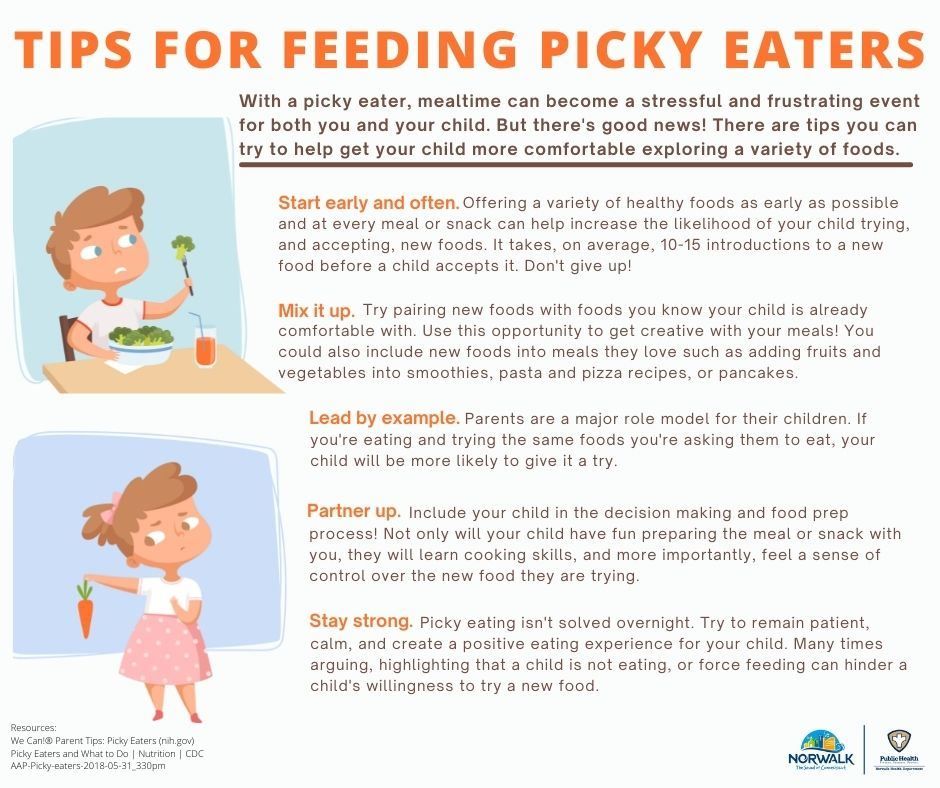As a parent, dealing with a picky eater can be a frustrating and challenging experience. Whether your child refuses to eat certain foods or simply has a limited palate, it’s important to approach the situation with patience and understanding. In this article, we will explore some tips and strategies for parents to help navigate the tricky world of picky eaters.
Understand the Root of the Issue
Before you can effectively address your child’s picky eating habits, it’s important to first understand why they may be picky eaters in the first place. Some children may have sensory sensitivities that make certain textures or flavors unappealing to them. Others may have had negative experiences with certain foods in the past that have led to aversions. By understanding the root of the issue, you can better tailor your approach to helping your child expand their palate.
Set Realistic Expectations
It’s important to remember that picky eating is a normal phase that many children go through. While it can be frustrating, it’s essential to set realistic expectations for your child’s eating habits. Avoid pressuring or forcing your child to eat specific foods, as this can lead to power struggles and a negative association with mealtime. Instead, focus on creating a positive and stress-free environment around food and offer a variety of healthy options for your child to choose from.
Get Creative with Presentation
One effective way to encourage picky eaters to try new foods is to get creative with how you present the food. Children are often more willing to try a food if it looks appealing or fun to eat. Consider cutting fruits and vegetables into fun shapes or arranging them on a plate in a visually appealing way. You can also involve your child in the preparation process by letting them help cook or assemble their own meals, which can make them more invested in trying new foods.
Offer Choices
Allowing your child to have some control over their food choices can help empower them and make mealtime more enjoyable. Offer your child a few different options to choose from at each meal, and encourage them to try at least one bite of each item. This can help expand their palate and expose them to new flavors and textures in a low-pressure way. Remember to praise your child for trying new foods, even if they don’t end up liking them.
Be a Role Model
Children often mimic the behavior of their parents, so it’s important to be a positive role model when it comes to eating habits. Set a good example by eating a variety of healthy foods yourself and demonstrating a positive attitude towards trying new foods. Avoid making negative comments about certain foods in front of your child, as this can influence their own perceptions and preferences. By modeling healthy eating habits, you can encourage your child to follow suit.
Seek Professional Help if Needed
If your child’s picky eating habits are causing significant stress or concern, don’t hesitate to seek help from a professional. A pediatrician or registered dietitian can provide guidance and support to help you navigate the challenges of picky eating. They can help identify any underlying issues that may be contributing to your child’s picky eating and offer personalized strategies to help expand their palate and improve their nutritional intake.
Conclusion
Dealing with a picky eater can be a frustrating and challenging experience for parents, but it’s important to approach the situation with patience and understanding. By understanding the root of the issue, setting realistic expectations, getting creative with presentation, offering choices, being a role model, and seeking professional help if needed, parents can help their picky eaters expand their palate and develop healthy eating habits.
